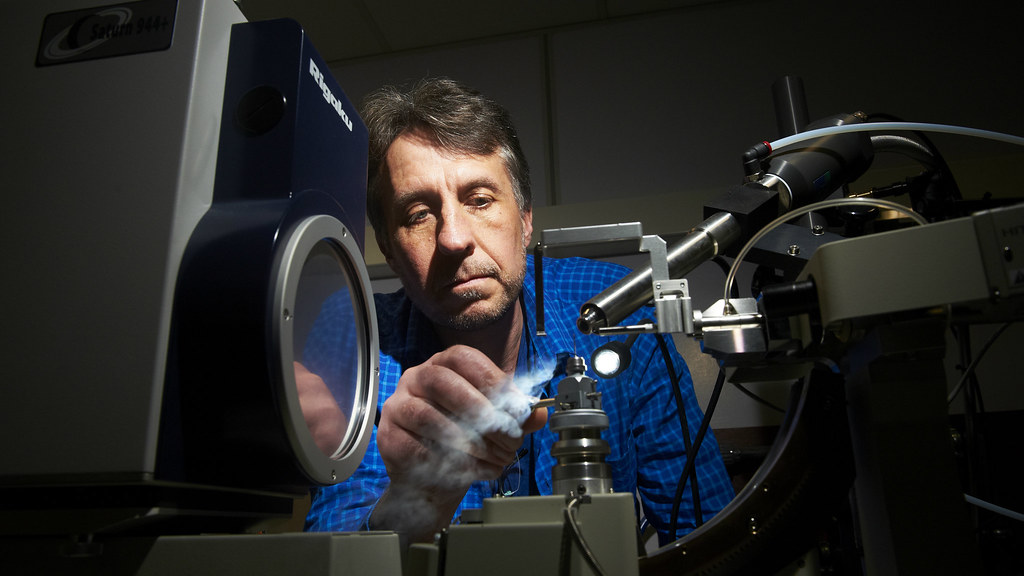Dr Jean van den Elsen, a structural biologist from the Department of Biology and Biochemistry, has received the Follow-on Funding award from the Biotechnology and Biological Sciences Research Council (BBSRC).
The Follow-on Funding programme supports translating scientific research funded by BBSRC into practical applications. The programme aims to help researchers maximise the societal and economic benefits of their research.
Dr van den Elsen has developed a vaccine technology in collaboration with Dr Andrew Watts from the Department of Pharmacy and Pharmacology and Dr Kevin Marchbank from the Medical School at Newcastle University. This research is based on the discovery that a new protein developed in Dr van den Elsen’s lab stimulates an immune response which protects against pathogens such as TB bacterium Mycobacterium tuberculosis.
Single dose vaccine
Initial experiments have been promising and the team believes the protein has the potential to be incorporated into a safe and effective single-dose vaccine, reducing vaccination costs and increasing protection against the disease, which kills millions of people and livestock every year and causes severe economic damage around the world.
Over the next 18 months the research team will focus on targeting bovine TB (bTB) to demonstrate the effectiveness and value of their work. It has cost £500 million in attempts to control Bovine TB in England alone in the last 10 years.
Dr van den Elsen said: “Worldwide bovine tuberculosis can cause severe economic losses from livestock deaths, chronic disease and trade restrictions.
“We’re aiming to improve a vaccine’s ability to be given on a single dose basis and improve rates of protection, which would vastly reduce vaccination costs and provide increased safety.
“We’re delighted to have been award this Follow-on Funding and grateful to BBSRC.”
In addition the technology involved in this research could help address needs in areas including autoimmune disease and cancer.
In total, the veterinary and human vaccine markets are currently in the region of $5.5Bn and $25Bn per year, respectively.
85 per cent of the University’s Biological Sciences research was recently assessed as world-leading or internationally excellent in the recent independently-assessed Research Excellence Framework 2014.

